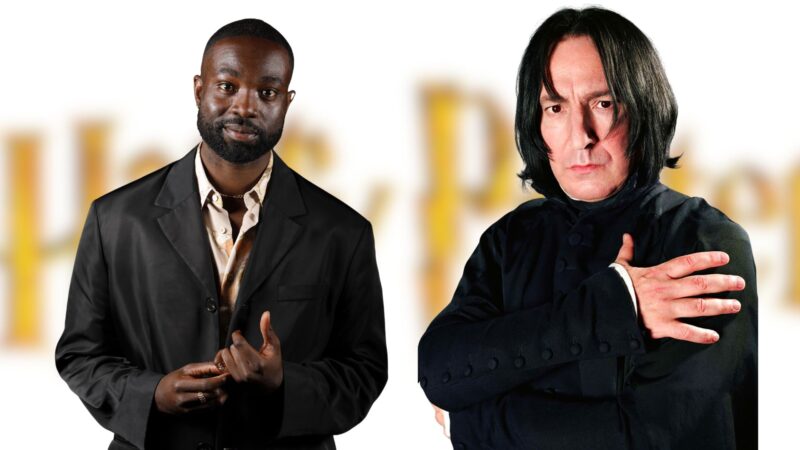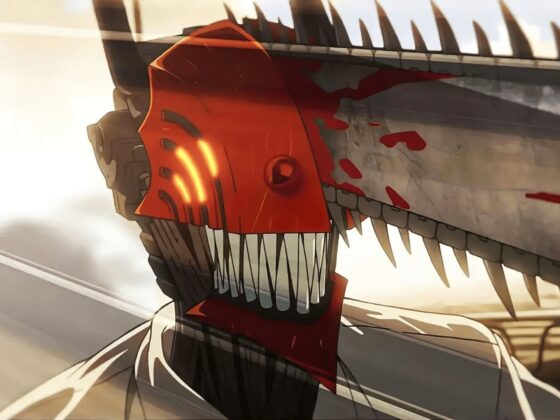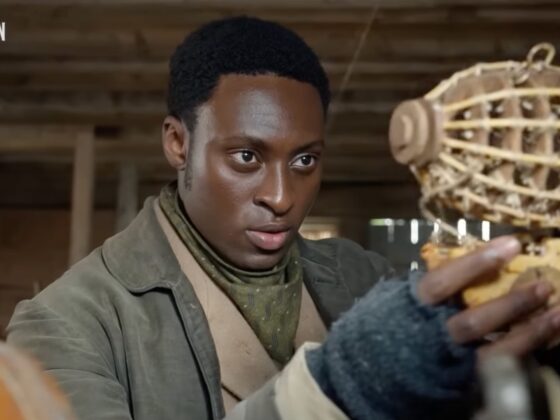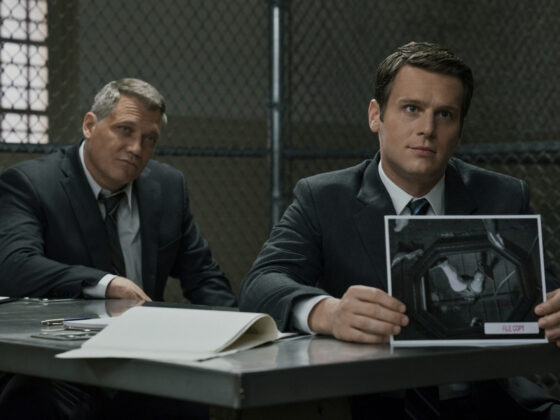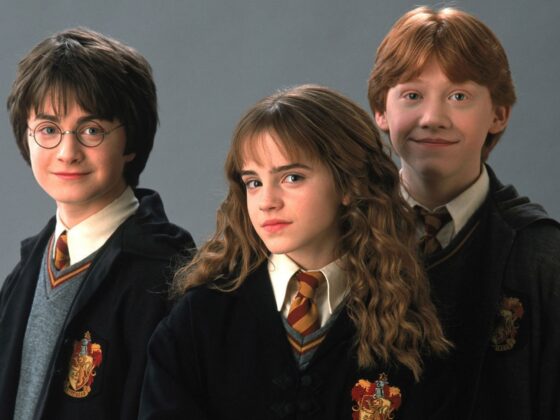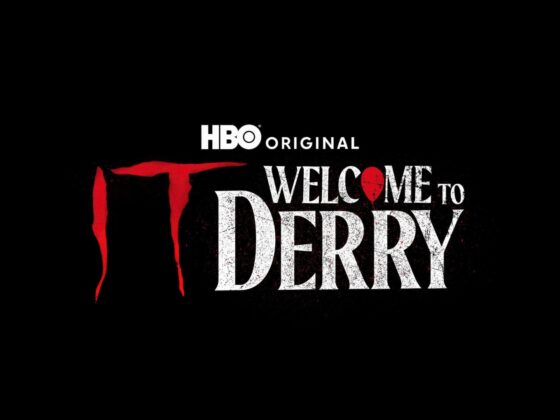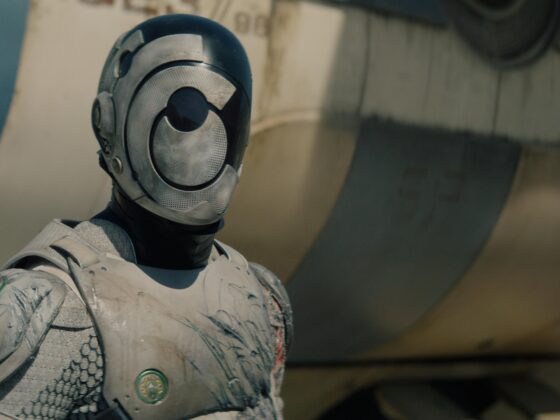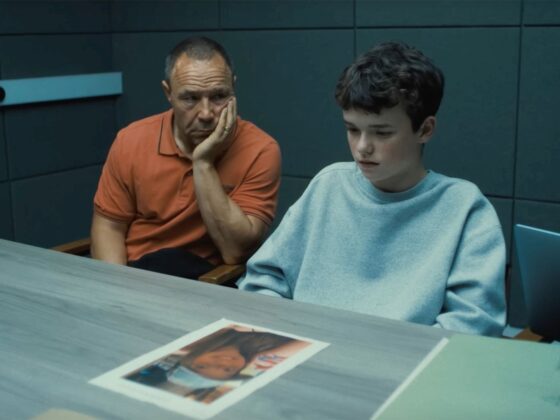HBO’s upcoming Harry Potter series has begun assembling its cast. However, trouble has already begun to brew, thanks to the news of the selection of Paapa Essiedu to play Severus Snape.
Following John Lithgow’s casting as Albus Dumbledore, this latest casting announcement has drawn criticism from multiple angles, and frankly, the Potter community deserves to be mad about this decision. I’ll explain why shortly.
HBO’s “Faithful Adaptation” Promise
According to reports from Deadline, Paapa Essiedu, known for his roles in Gangs of London and I May Destroy You, is finalizing his deal to portray the complex potions master, a role immortalized by the late Alan Rickman in the original film series.
The series is being positioned as a “faithful adaptation” of J.K. Rowling’s novels and will reportedly run for approximately a decade, allowing for a more comprehensive telling of Harry’s journey through Hogwarts.
While I despise the trend of reboots and remakes that has permeated Hollywood, I see the merit in making a Harry Potter series, given how expansive the books are.
That said, the only way this reboot works is if the showrunners “faithfully adapt” the source material. This means narrative, characters, tone, and all elements that made J.K. Rowling’s novels bestsellers. They cannot choose to be faithful to some aspects and disregard others.
The Current Cast
So far, three actors have been confirmed for the show’s cast: John Lithgow as Albus Dumbledore, Paapa Essiedu as Severus Snape, and Janet McTeer as Minerva McGonagall. Of these three, only the latter appears to be well cast, given that McTeer is both British and physically suited for the role.
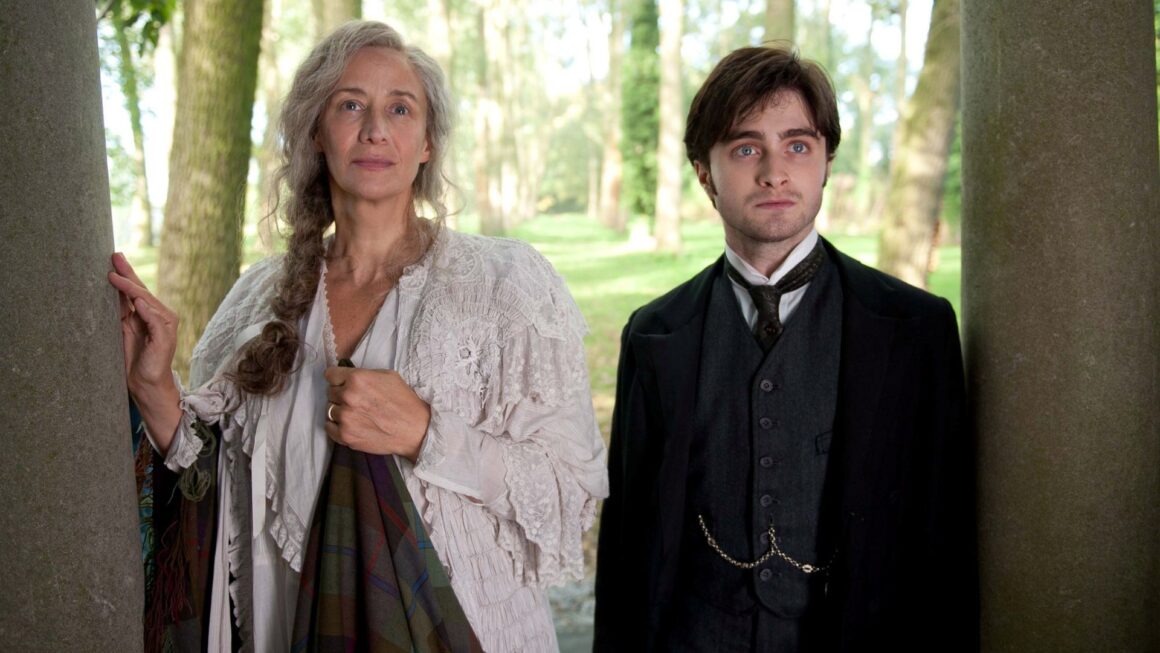
Lithgow, while a fantastic actor, is an American. Although this is not such a big deal, it’s worth noting that this is a major deviation from Rowling’s Brits-only casting rule, which thwarted all attempts to Americanize the Harry Potter films.
Why Snape’s Appearance Matters
As for Essiedu, he may be British, but he is Black, and while this statement sounds awfully racist, I assure you it is anything but that. Essiedu would be a great casting choice for the Harry Potter series, but certainly not for Severus Snape.
In Rowling’s novels, Snape is explicitly described as having “sallow skin, a large, hooked nose, and yellow, uneven teeth” with “shoulder-length, greasy black hair” and “cold, black eyes.”
Throughout the series, Rowling repeatedly refers to Snape as “pale,” with a complexion compared to “sour milk” in some passages. You can see where I’m going with this, right?
Essiedu’s appearance diverges from these descriptions like day and night. Obviously, he doesn’t match the book description, and any attempt to have him look like Snape from the novels would require extensive makeup or prosthetics, which is absolutely unnecessary given the fact that HBO can simply cast someone who more naturally resembles Snape.
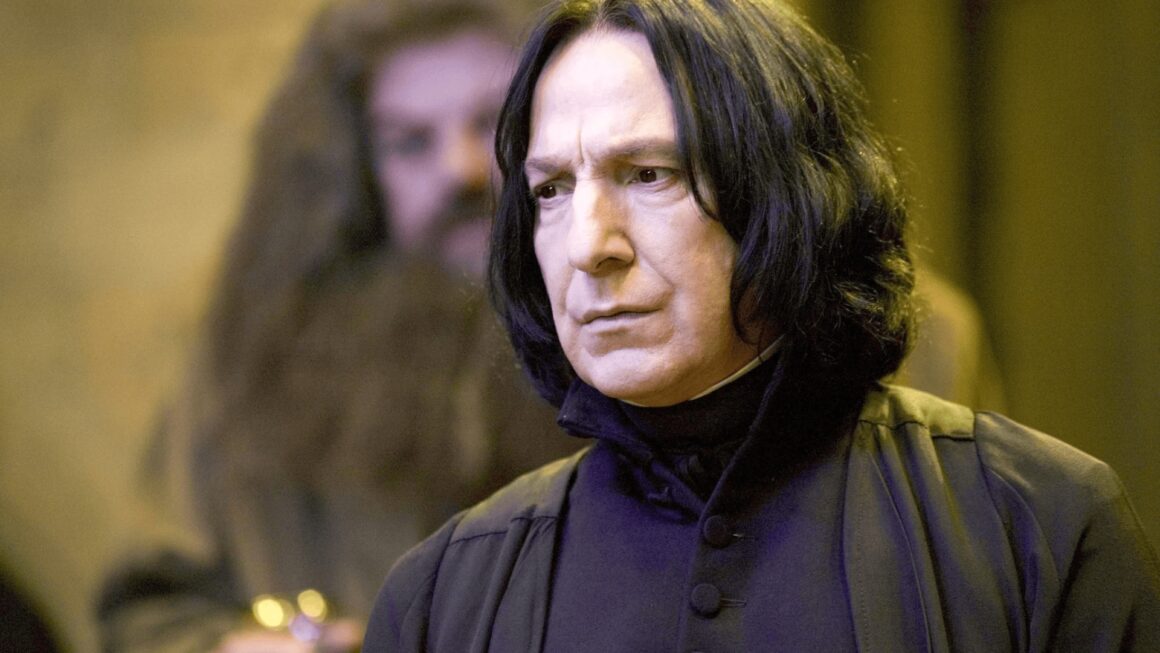
There’s also the important detail that he’s too conventionally attractive for the role. Snape isn’t supposed to be attractive. In fact, a major aspect of his arc is his appearance, and more so, his unattractive physical qualities.
Changing Snape’s Race Alters Key Storylines
Yet, the biggest issue here is that changing Snape’s race alters the dynamics of key storylines, particularly the relationship between James Potter, Lily Evans, and Severus Snape.
The flashback scenes showing James bullying a young Snape in the 1970s take on different implications when viewed through a racial lens, which would completely shift the entire narrative context of their rivalry.
If Snape is Black, then James would be perceived by the audience as a racist, a view that is axiomatically false.
Even if the writers attempted to dissuade audiences from this notion, having a white, good-looking male character bully a Black, unattractive, and lanky character is not something you can sweep under the rug.
Cultural Implications of Snape Being Black
Let’s not forget, Snape comes from an impoverished background and was raised by an abusive father. On the other hand, James came from a privileged background.
While not an evil person, James and the rest of the Marauders (Remus Lupin, Peter Pettigrew, and Sirius Black) caused Snape a great deal of suffering through insults and other bullying tactics.
To be more specific, there’s a scene where James uses the Levicorpus spell to dangle Snape upside down in midair, humiliating him in front of a crowd of students, including his love interest, Lily.
If we plug a Black Snape into this exact scene, there are serious racial overtones associated with how Black people were hanged from trees by slavers that would be hard to ignore. Suffice it to say, this casting decision has become entangled in larger cultural debates.
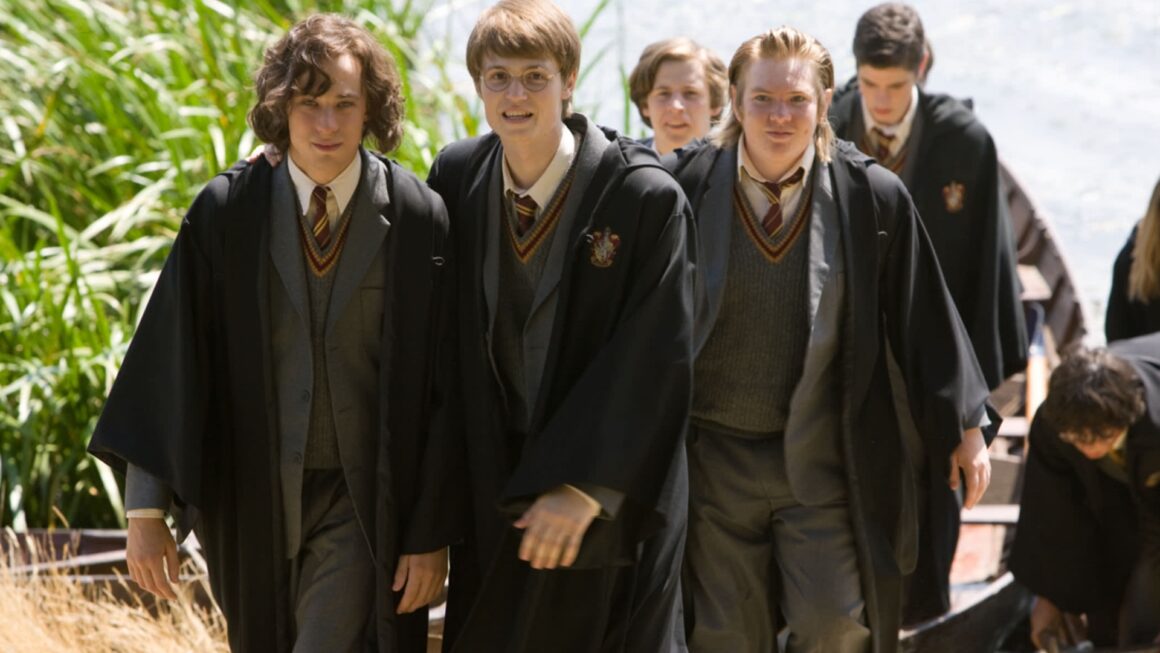
Many will view it as another example of “diversity, equity, and inclusion” initiatives in Hollywood, while others (including myself) see it as Warner Bros.’ attempt to distance the franchise from J.K. Rowling‘s controversial statements regarding transgender issues.
Whichever the case, it will not do the upcoming show and the writers any favors.
Sadly, this isn’t the first time the Wizarding World has faced casting debates centered on race. In 2015, Noma Dumezweni was cast as Hermione Granger in the stage production of Harry Potter and the Cursed Child, igniting similar discussions.
At that time, Rowling defended the casting by stating the books never explicitly mentioned Hermione’s skin color (though many fans pointed to textual evidence suggesting otherwise). It’s a pity that Rowling has lately become the origin for most controversial decisions surrounding the franchise.
A No-Win Situation for HBO
The HBO Harry Potter series now finds itself in a precarious position before filming even begins. Conservative fans will likely reject what they see as unnecessary changes to established characters, which is completely valid.
Progressive fans who have already distanced themselves from the franchise due to Rowling’s statements are unlikely to return based on casting decisions alone.
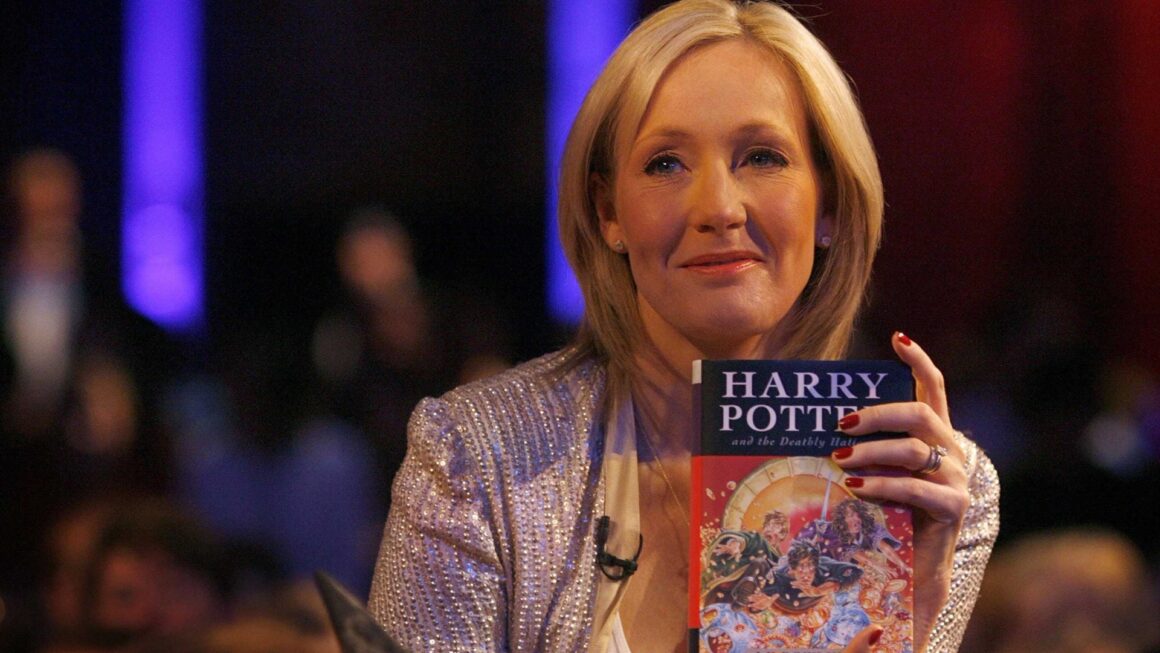
As for the core fans, they may feel the adaptation is prioritizing modern cultural considerations over fidelity to the source material, a decision that ruined the Star Wars franchise.
Insiders have suggested that additional casting announcements, particularly for the central trio of Harry, Ron, and Hermione, will likely continue this pattern of controversy, with speculation that Hermione, in particular, may also be portrayed by a Black actress. Sigh.
The Harry Potter franchise has proven remarkably resilient over nearly three decades, spawning films, video games, theme parks, and a dedicated global fanbase. Still, there’s a line that, once crossed, leads to the point of no return.
For Harry Potter, race-swapping will be its crossing the Rubicon moment.
